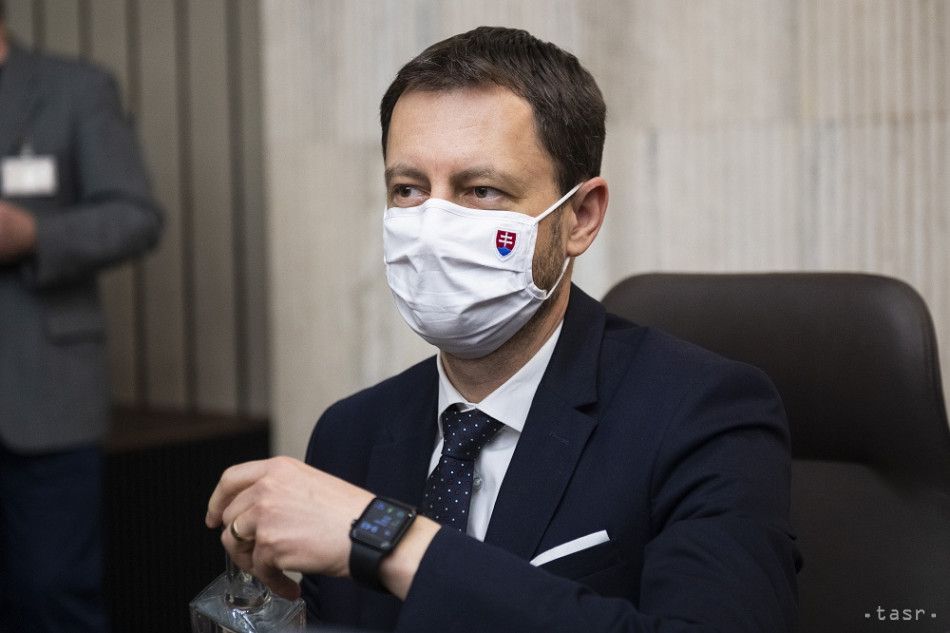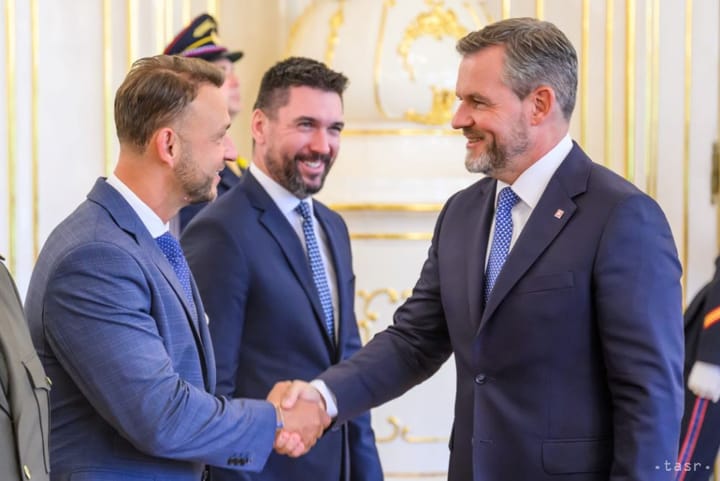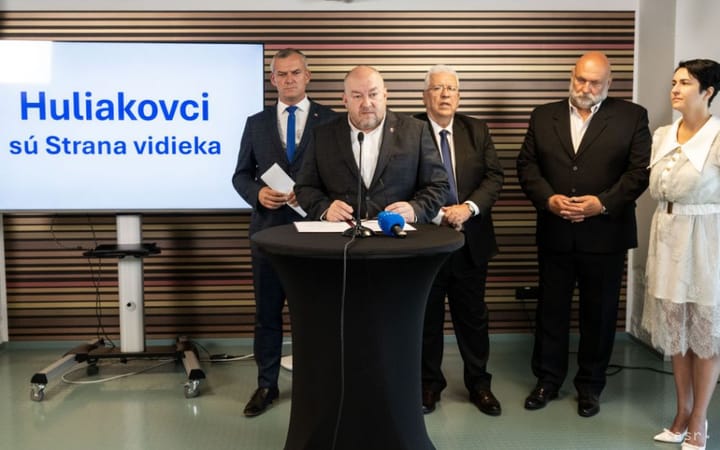Heger: We'll Decide on Sunday Opening After Society-wide Discussion

The Government will decide on the possible continuation of the ban on Sunday shopping beyond the end of the measures against the spread of novel coronavirus only after a society-wide discussion, and the statements made by Prime Minister Igor Matovic (OLaNO), who announced such a possibility, are so far just his private opinion, said Finance Minister Eduard Heger (OLaNO) on Markiza’s politics show ‘Na telo’ (Tough Questions) on Sunday.
Vice-chairman of the opposition Smer-SD party Peter Ziga objected by stating that the current system of closing stores on public holidays and increasing bonuses for work at weekends is sufficient.
“Sellers themselves say that Sunday isn’t good for them,” said Heger. However, according to him, this is a fundamental decision that must be made judiciously.
Economy Minister Richard Sulik (Freedom and Solidarity/SaS) also spoke this week against the permanent closure of shops on Sundays. He drew attention to the agreement with Premier Igor Matovic, according to which this measure is only temporary.
“It’s good that a discussion on free Sundays is taking place,” stated Heger, adding that the Government will take a decision based on the results of this discussion.
The current finance minister didn’t agree with former economy minister Ziga on reopening the economy. Ziga accused the current Cabinet of not having a plan and not knowing what to do in the days ahead. Heger stressed that the Government has introduced and is gradually implementing its plan to ease measures. According to Heger, the decision on opening borders will be made by epidemiologists, who must assess the risk of the disease being transmitted from other countries into Slovakia.
Heger and Ziga also had differing views on the speed at which entrepreneurs are being assisted. According to the Smer-SD vice-chair, the aid is administratively demanding and slow, but Heger countered by saying that the form for applying for a state contribution is much less complex than the one in Austria, for example. At the same time Slovakia has already channelled more money into the economy than the Czech Republic, which has double its population.



